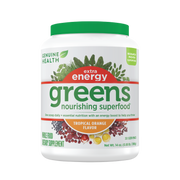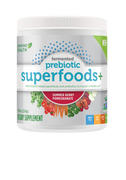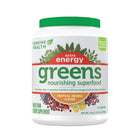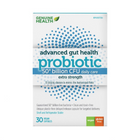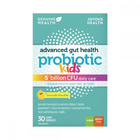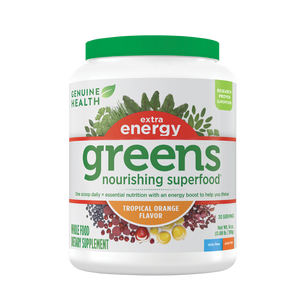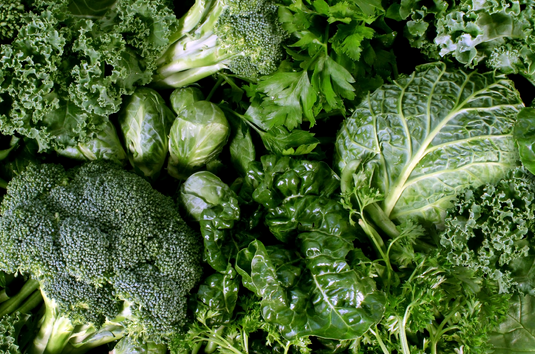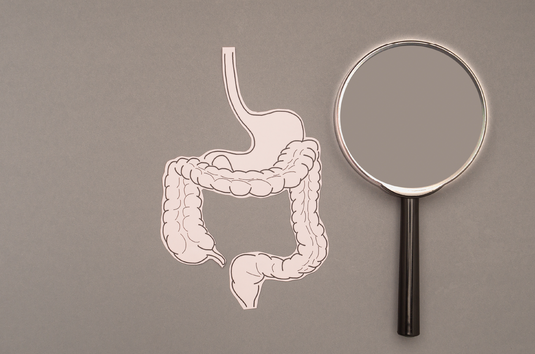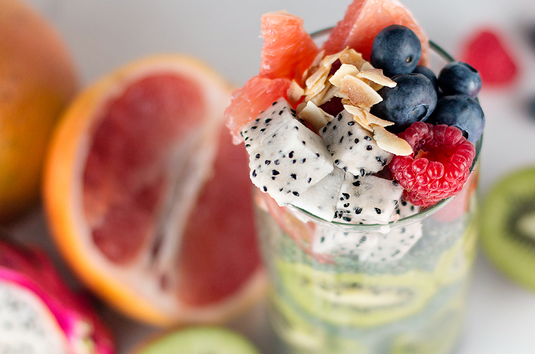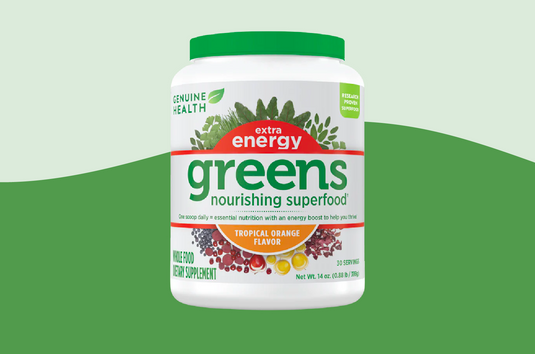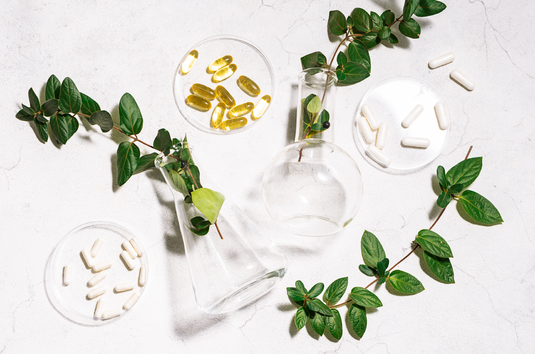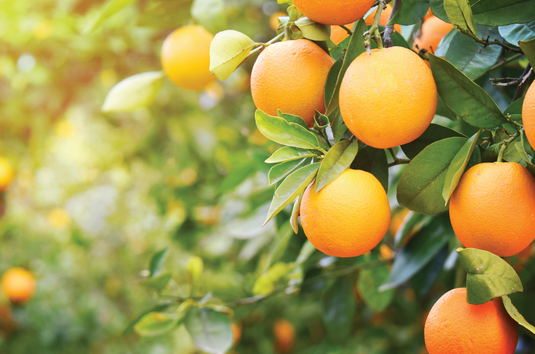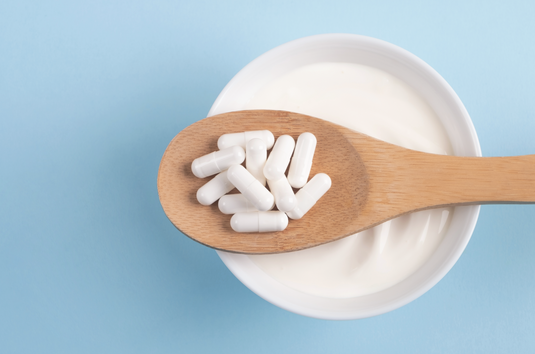
When learning the basics of nutrition, the focus is largely on the macronutrients (proteins, fats, carbohydrates) and the micronutrients (vitamins and minerals) that are essential for sustaining human life. However, there is an entire nutrient category – one which often escapes mention – that is considered essential by many scientists. Welcome to Phytonutrients 101.
As its name would suggest (phyto = plant), this is a discussion of plant-derived nutrition. Phytonutrients (also called phytochemicals by scientists) give plants their vibrant colours, tastes and textures. The category of phytonutrients is vast. The main categories of phytonutrients include polyphenols and carotenoids. Nutritional geeks may be interested to know that as of January, 2016, scientists have identified 23,137 unique phytonutrients found in edible plant foods. Undoubtedly many more will be discovered. Unlike bulky protein, carbohydrate and fat (and even mineral) dietary constituents, each individual phytonutrient is miniscule – tiny molecules that pack a powerful, health-protective punch.
Discussions of the essential phytonutrients are becoming easier as scientists continue to demonstrate that these natural chemicals can influence short term health (e.g. mood) and long-term survival. In other words, as more and more studies show that phytonutrients can influence health risks over the life-span (minimizing those risks), then it’s not difficult to view them as “essential”. Since these small molecules work in every bodily system – from gut to brain – there really is no end to the ways in which phytonutrients can have a beneficial impact on health.
Historically, scientists focused exclusively on the antioxidant activity of phytonutrients to explain their benefits. Although this is important, there appear to be many ways in which these nutrients promote health, including their ability to interact with the immune system and signal certain cells to operate in optimal ways. Remarkably, phytonutrients have even been shown to promote s healthy terrain inside the body – shifting gut microbes to a healthier state. They can also influence blood flow and the expression of genes that help control insulin and blood sugar control.
The benefits of phytonutrient consumption can be realized by making concerted efforts to consume a wide variety of plant foods. However, a recent cover story in New Scientist (August 1, 2015) - “Eat Your Greens? How we’re turning fruits and vegetables into junk food” – and others like it point out that its becoming increasingly difficult to consume the phytonutrients we once did. Since phytonutrients are very bitter; they have been selectively reduced in produce to appease the delicate North American palate. Some of these reductions translate into hundreds of times lower phytonutrient content in certain foods.
To overcome the losses of selective breeding phytonutrients out of foods, many leading nutritional experts recommend supplementation with whole-plant derived green and superfoods. Since phytonutrients work together like an orchestra, the solution is not to attempt to make up for losses by consuming a single, isolated phytonutrient removed from its food context. Supplementation with multi-ingredient whole-plant-derived products can provide an effective phytonutrient insurance policy! fermented organic gut superfoods+ and fermented whole body nutrition are contain a broad range of phytonutrients that are fermented to amplify their nutritional value.
References
Zhang YJ, et al. Antioxidant Phytochemicals for the Prevention and Treatment of Chronic Diseases. Molecules. 2015 Nov 27;20(12):21138-56.
Ni Y, et al. A Molecular-Level Landscape of Diet-Gut Microbiome Interactions: Toward Dietary Interventions Targeting Bacterial Genes. MBio. 2015 Oct 27;6(6). pii: e01263-15.
Rao V, et al. In vitro and in vivo antioxidant properties of the plant-based supplement greens+™. Int J Mol Sci. 2011;12(8):4896-908.
Kang N, et al. Antioxidant effects of a nutritional supplement containing polyphenols and micronutrients in post-menopausal women: a randomized controlled study. J Aging Res Clin Practice 2012;1(3):183-187.
As its name would suggest (phyto = plant), this is a discussion of plant-derived nutrition. Phytonutrients (also called phytochemicals by scientists) give plants their vibrant colours, tastes and textures. The category of phytonutrients is vast. The main categories of phytonutrients include polyphenols and carotenoids. Nutritional geeks may be interested to know that as of January, 2016, scientists have identified 23,137 unique phytonutrients found in edible plant foods. Undoubtedly many more will be discovered. Unlike bulky protein, carbohydrate and fat (and even mineral) dietary constituents, each individual phytonutrient is miniscule – tiny molecules that pack a powerful, health-protective punch.
Discussions of the essential phytonutrients are becoming easier as scientists continue to demonstrate that these natural chemicals can influence short term health (e.g. mood) and long-term survival. In other words, as more and more studies show that phytonutrients can influence health risks over the life-span (minimizing those risks), then it’s not difficult to view them as “essential”. Since these small molecules work in every bodily system – from gut to brain – there really is no end to the ways in which phytonutrients can have a beneficial impact on health.
Historically, scientists focused exclusively on the antioxidant activity of phytonutrients to explain their benefits. Although this is important, there appear to be many ways in which these nutrients promote health, including their ability to interact with the immune system and signal certain cells to operate in optimal ways. Remarkably, phytonutrients have even been shown to promote s healthy terrain inside the body – shifting gut microbes to a healthier state. They can also influence blood flow and the expression of genes that help control insulin and blood sugar control.
The benefits of phytonutrient consumption can be realized by making concerted efforts to consume a wide variety of plant foods. However, a recent cover story in New Scientist (August 1, 2015) - “Eat Your Greens? How we’re turning fruits and vegetables into junk food” – and others like it point out that its becoming increasingly difficult to consume the phytonutrients we once did. Since phytonutrients are very bitter; they have been selectively reduced in produce to appease the delicate North American palate. Some of these reductions translate into hundreds of times lower phytonutrient content in certain foods.
To overcome the losses of selective breeding phytonutrients out of foods, many leading nutritional experts recommend supplementation with whole-plant derived green and superfoods. Since phytonutrients work together like an orchestra, the solution is not to attempt to make up for losses by consuming a single, isolated phytonutrient removed from its food context. Supplementation with multi-ingredient whole-plant-derived products can provide an effective phytonutrient insurance policy! fermented organic gut superfoods+ and fermented whole body nutrition are contain a broad range of phytonutrients that are fermented to amplify their nutritional value.
References
Zhang YJ, et al. Antioxidant Phytochemicals for the Prevention and Treatment of Chronic Diseases. Molecules. 2015 Nov 27;20(12):21138-56.
Ni Y, et al. A Molecular-Level Landscape of Diet-Gut Microbiome Interactions: Toward Dietary Interventions Targeting Bacterial Genes. MBio. 2015 Oct 27;6(6). pii: e01263-15.
Rao V, et al. In vitro and in vivo antioxidant properties of the plant-based supplement greens+™. Int J Mol Sci. 2011;12(8):4896-908.
Kang N, et al. Antioxidant effects of a nutritional supplement containing polyphenols and micronutrients in post-menopausal women: a randomized controlled study. J Aging Res Clin Practice 2012;1(3):183-187.



